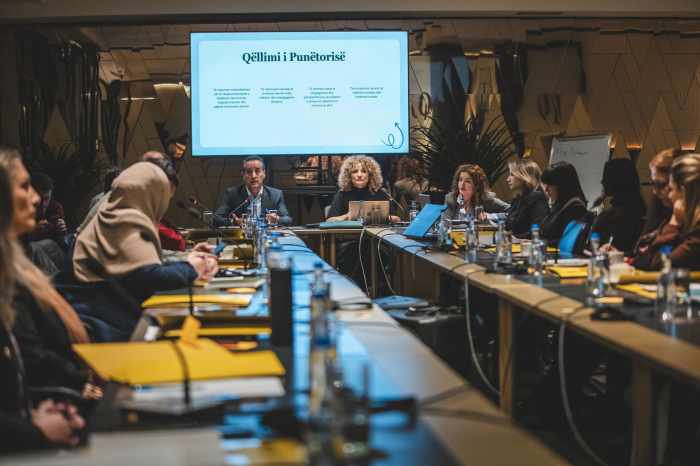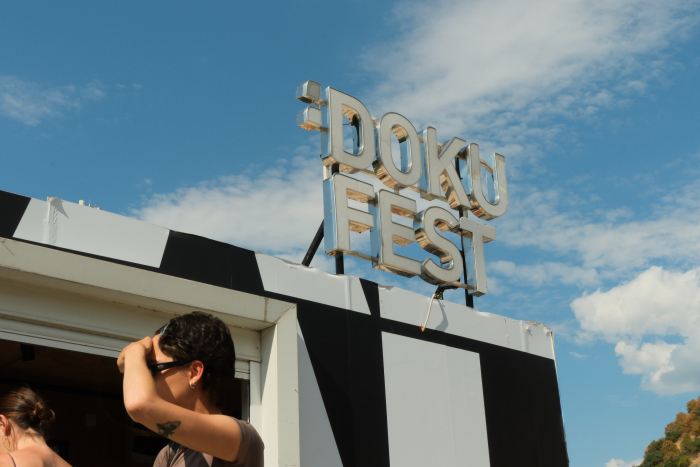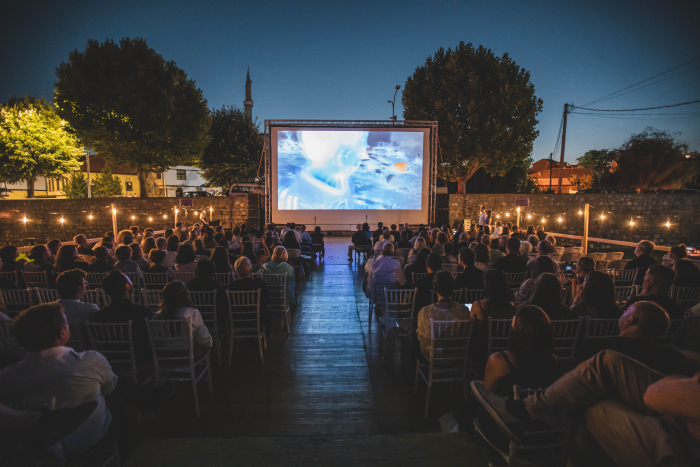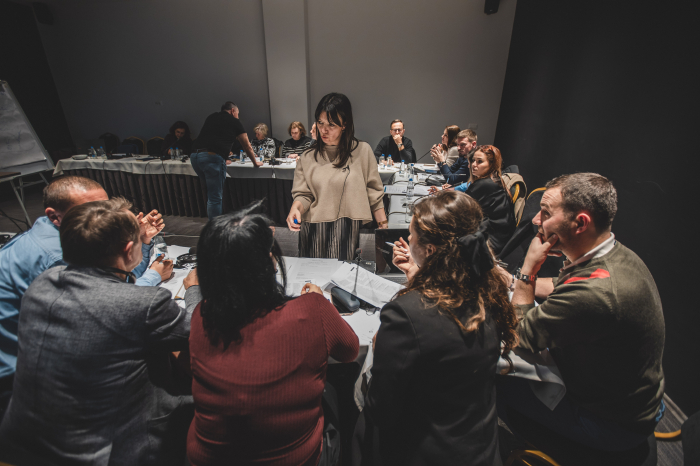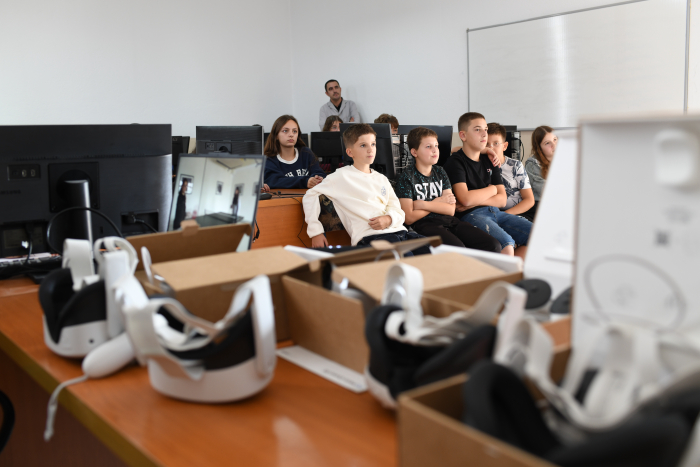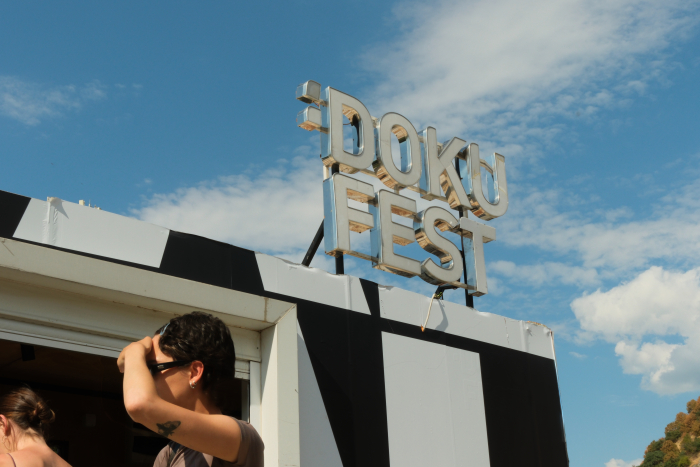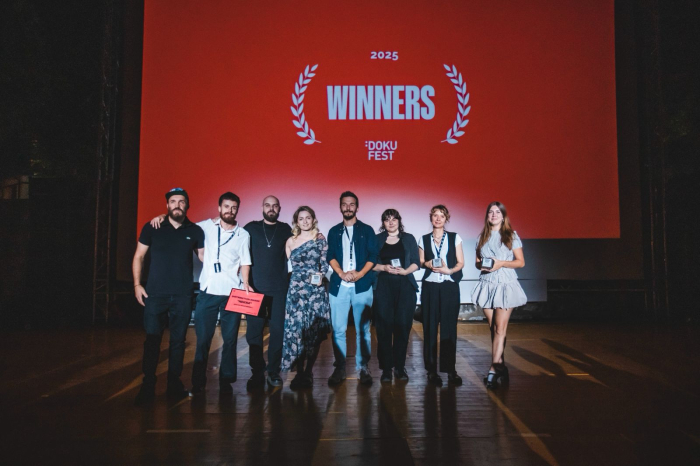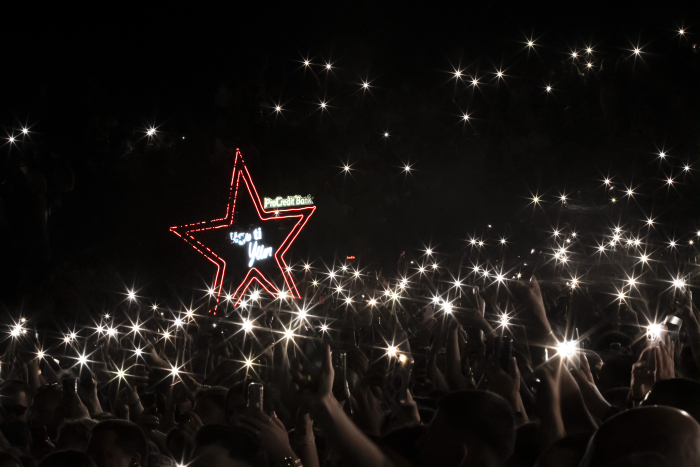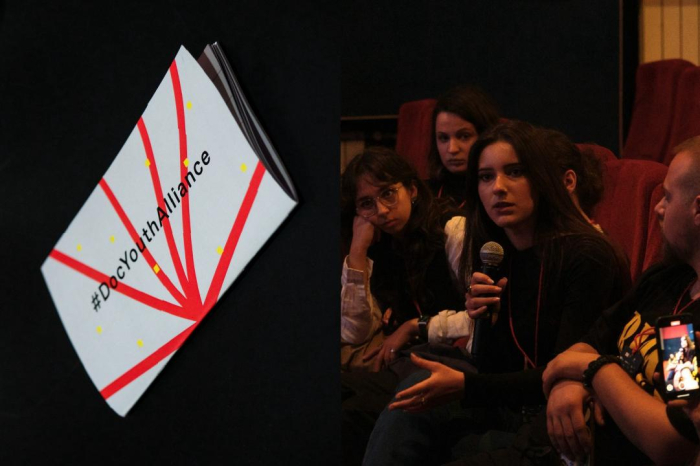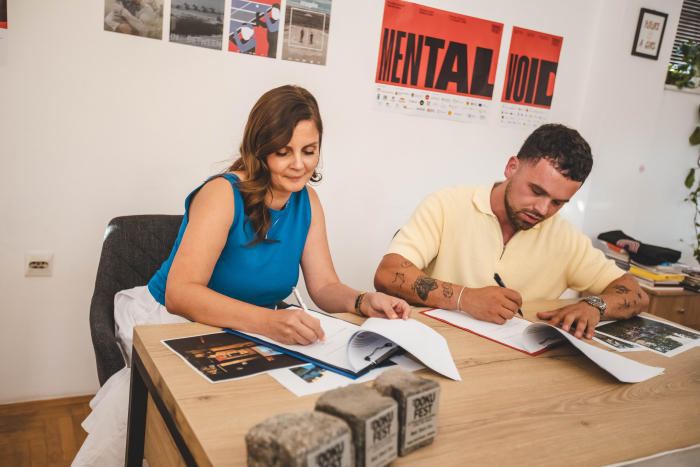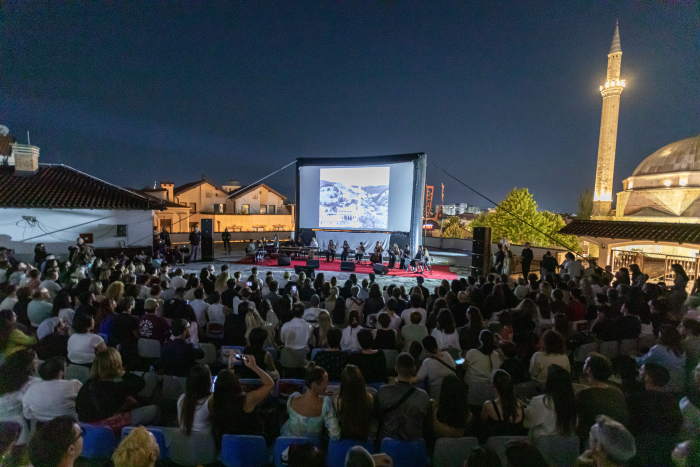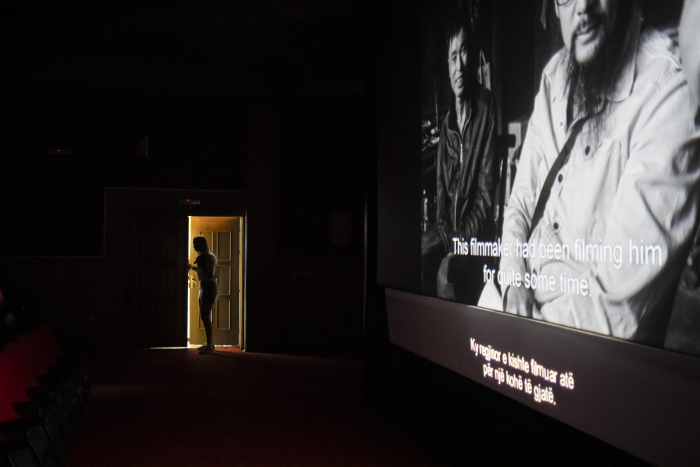August 22, 2020
What makes the selection even more enriching are the different countries that the films are either produced in or shot at, making it an incredible journey, either visual or cultural, from one place of Europe to another despite the traveling restrictions.
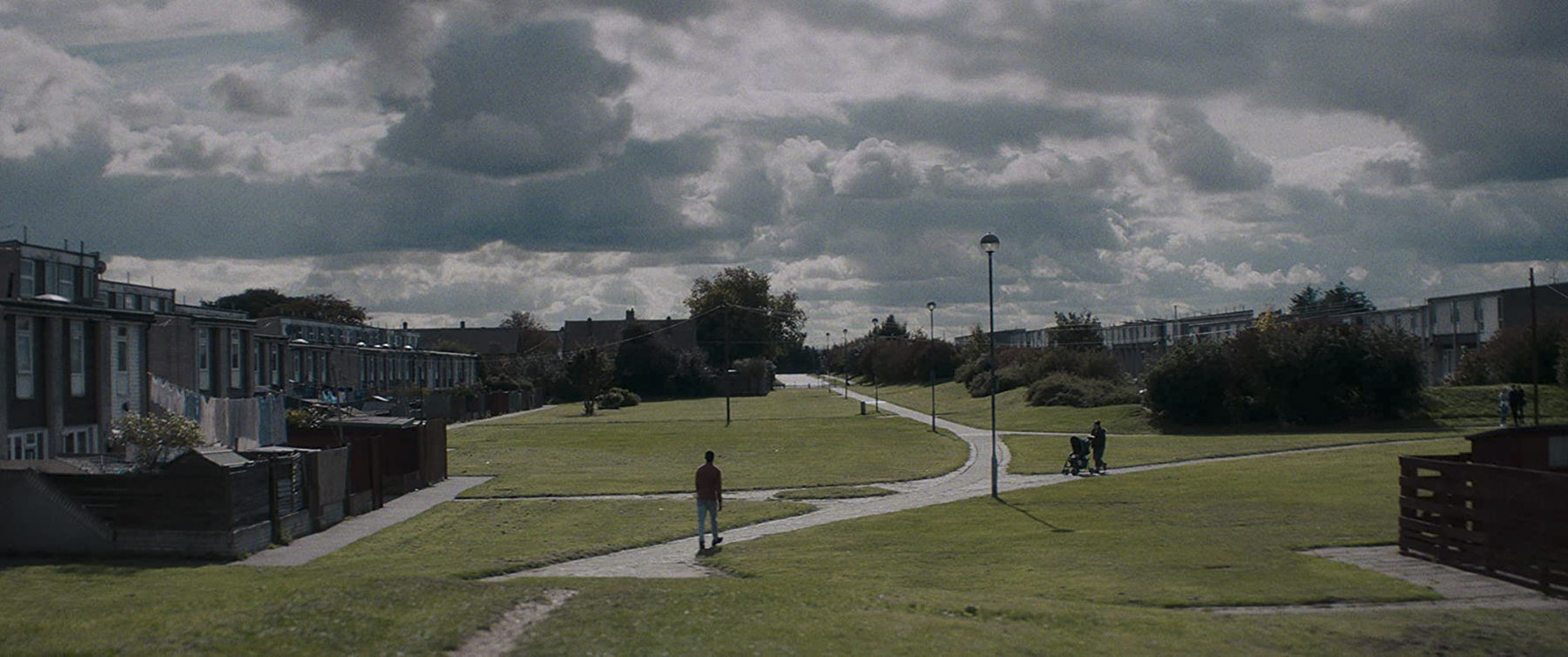
European Film Awards is more than an annual event rewarding visual stories of considerable cinematic achievements. It is, first and foremost, a celebration of the European cinema community and European film culture. For DokuFest’s 19th online edition, a special program was prepared to showcase some of the prestigious competition’s selected shorts. What makes the selection even more enriching are the different countries that the films are either produced in or shot at, making it an incredible journey, either visual or cultural, from one place of Europe to another despite the traveling restrictions.
EGG, France & Danmark
While the black and white 2D animation is aesthetically pleasing to watch, the style sometimes reminds the viewer of traditional Japanese œuvres from the perspective of a Western European. Therefore, while the art technique nuances make the journey even more haunting and complex, one is accompanied inside the head of a person struggling with mental disorders. Even though the exterior limits in the form of a cube beg to differ, the character feels free to exist unrestrained and trapped at the same time, making Martina Scarpelli’s 13 minute a sensitive projection of what a safe space inside one’s head looks like. However, mimicking the main character’s unstable character tendencies, the short is also an odd celebration to what makes us human, this “first relapse” as a reminder of how little it takes one to deteriorate (sometimes it only takes something the size of an egg to pull the trigger), and how exhilarating it must be to understand that it is not what it is, it is what we make of it.
PATISION AVENUE, Greece
More explicitly than the other picks of this list, this film takes us into the dizzy-dazzling streets of Athens, forever torn between the constant praise by the European community and beyond due to the cultural heritage, and the condemnation of how the people living in it perceive it and feel about it. Not much is seen from Yanni’s mum beside her back and hairstyle, but her piercing voice greatly manifests all the emotions she goes through, from enthusiasm to panic which slowly degrades to despair, while forcing the audience to attentively follow her from up-close in every move she makes. Thanasis Neofotistos’s one-take and hardly-edited shot tells the story of an ordinary individual trying to fill out the moral obligations of her existence, however, her inner turmoil is soon to be reflected in every street corner she goes through. The pacing is quick, until the ties relating the human to his social environment both cease to exist.
HARD ON, Stockholm
In this oddly curious short directed by Joanna Rytel, the surreal setting might strike someone up as a mix-up between a live-action animation and peculiar version of reality. Inside the theatrical paper-mache dollhouse, the characters’ masks come in hand to eliminate social conventions and communication considerations. The mother talks to her daughter about everything and nothing, however, when a third character is introduced, two different discussions are held in two different languages. Therefore, two different perspectives begin to entwine in the same setting: a young, 30-year old woman is enjoying her date in the presence of the child she is supposed to look after, and a young girl is continuously looking for the attention of her mother, the latter being sacrificed due to the mother’s pleasure-driven purposes. The two narratives are held together by a promise, the one of a dog. In this film, the ambiguous use of the camera makes the audience understand that it is both the friend and the enemy, the companion and the intruder, the showman and the submissive victim.
THE CHRISTMAS GIFT, Romania & Spain
The synopsis gives the film a jolly, light-hearted and humourous kickstart. Who would not want to watch a film about a little kid writing a letter to Santa for Christmas? However, to the people living outside the ever-struggling South and South- Eastern Europe, Bogdan Mureşanu’s œuvre later transforms into a shockingly heart-wrenching drama. As the child asks to Santa’s Ceaușescu’s death, because “it is what my father wishes for”, the situation could get nothing by gruesome considering the social tension in 1989 socialist Roumania. Among a handful of things, this short is foremost a very simple, and yet effective affirmation of the existing gap between young innocence and bitter maturity in times of totalitarianism.
